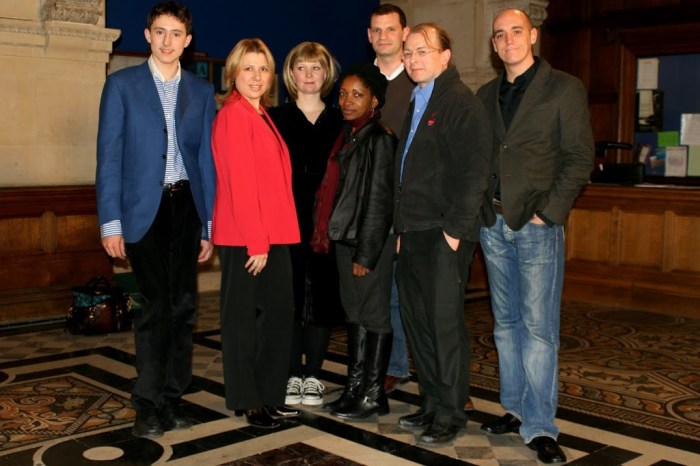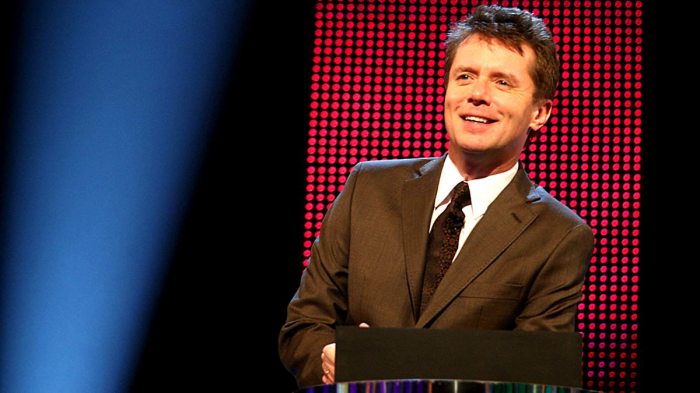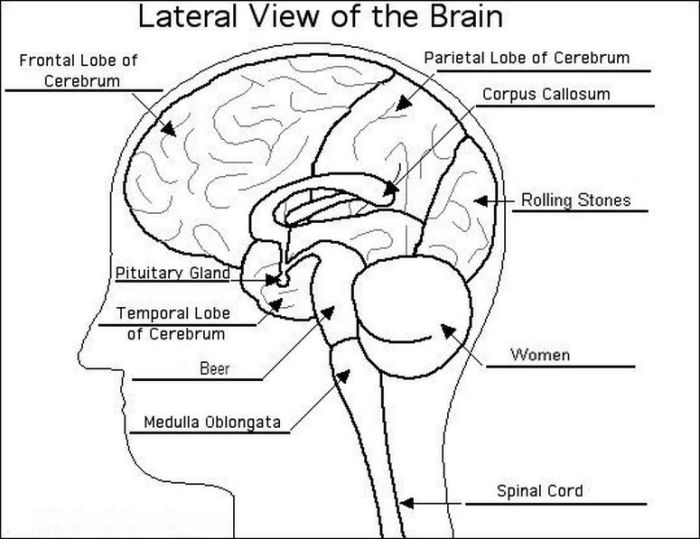Welcome to the BBC Battle of the Brains worksheet answers guide, where we delve into the intricacies of this thought-provoking resource. Designed to challenge and engage learners, this worksheet offers a comprehensive assessment of cognitive abilities and problem-solving skills.
Through a series of meticulously crafted questions, the BBC Battle of the Brains worksheet targets students of varying educational levels, fostering critical thinking, analytical reasoning, and knowledge application.
BBC Battle of the Brains Worksheet: Bbc Battle Of The Brains Worksheet Answers

The BBC Battle of the Brains worksheet is an educational resource designed to assess and develop critical thinking and problem-solving skills. It is intended for students at the secondary or higher education level who are interested in enhancing their cognitive abilities.
Worksheet Structure
The worksheet consists of three sections:
- Section 1:Multiple Choice Questions (10 questions)
- Section 2:Short Answer Questions (5 questions)
- Section 3:Problem-Solving Questions (3 questions)
Question Analysis
| Question | Answer | Reasoning |
|---|---|---|
| Which of the following is not a logical fallacy? | Ad hominem | Ad hominem is a type of logical fallacy that attacks the person making the argument rather than the argument itself. |
| What is the difference between a hypothesis and a theory? | A hypothesis is a tentative explanation for a phenomenon, while a theory is a well-supported explanation that has been tested and confirmed through scientific research. | |
| Explain the concept of cognitive bias. | Cognitive bias refers to the tendency of the human brain to process information in a way that is influenced by personal beliefs, emotions, and experiences. |
Educational Value
The BBC Battle of the Brains worksheet addresses the following learning objectives:
- Developing critical thinking skills
- Enhancing problem-solving abilities
- Understanding logical fallacies
- Differentiating between hypotheses and theories
- Recognizing cognitive biases
Applications and Extensions, Bbc battle of the brains worksheet answers
The worksheet can be used in various educational settings, including:
- As an assessment tool in classrooms
- As a self-study resource for students
- As a basis for group discussions or debates
Extensions or modifications to make the worksheet more challenging or engaging include:
- Adding more difficult questions
- Incorporating real-world examples
- Requiring students to write essays or reports on the topics covered
FAQs
What is the purpose of the BBC Battle of the Brains worksheet?
The BBC Battle of the Brains worksheet is designed to assess and develop critical thinking, analytical reasoning, and problem-solving skills in learners.
Who is the target audience for the worksheet?
The worksheet is suitable for students of varying educational levels, making it a versatile resource for classrooms, homeschooling, and independent learning.

